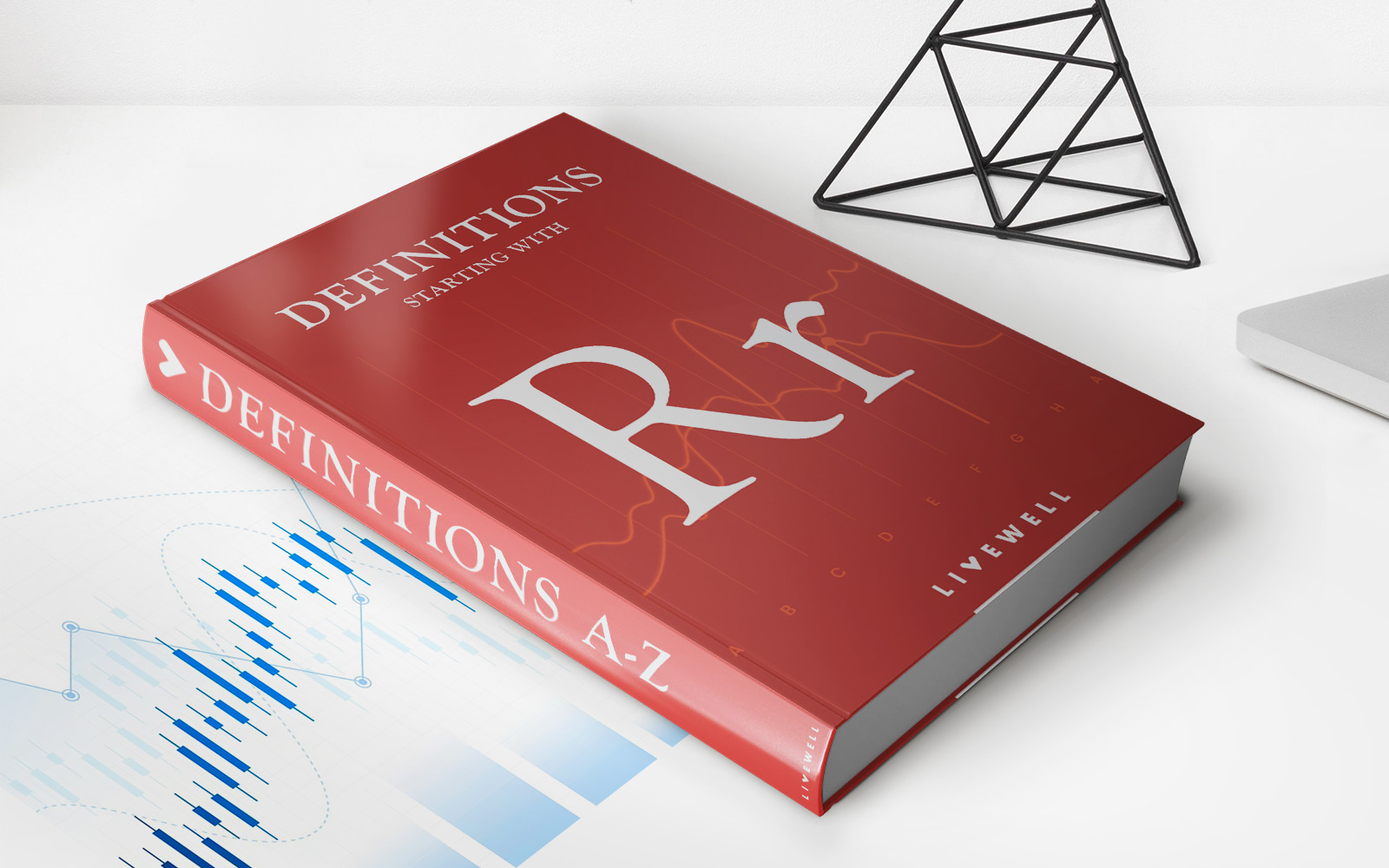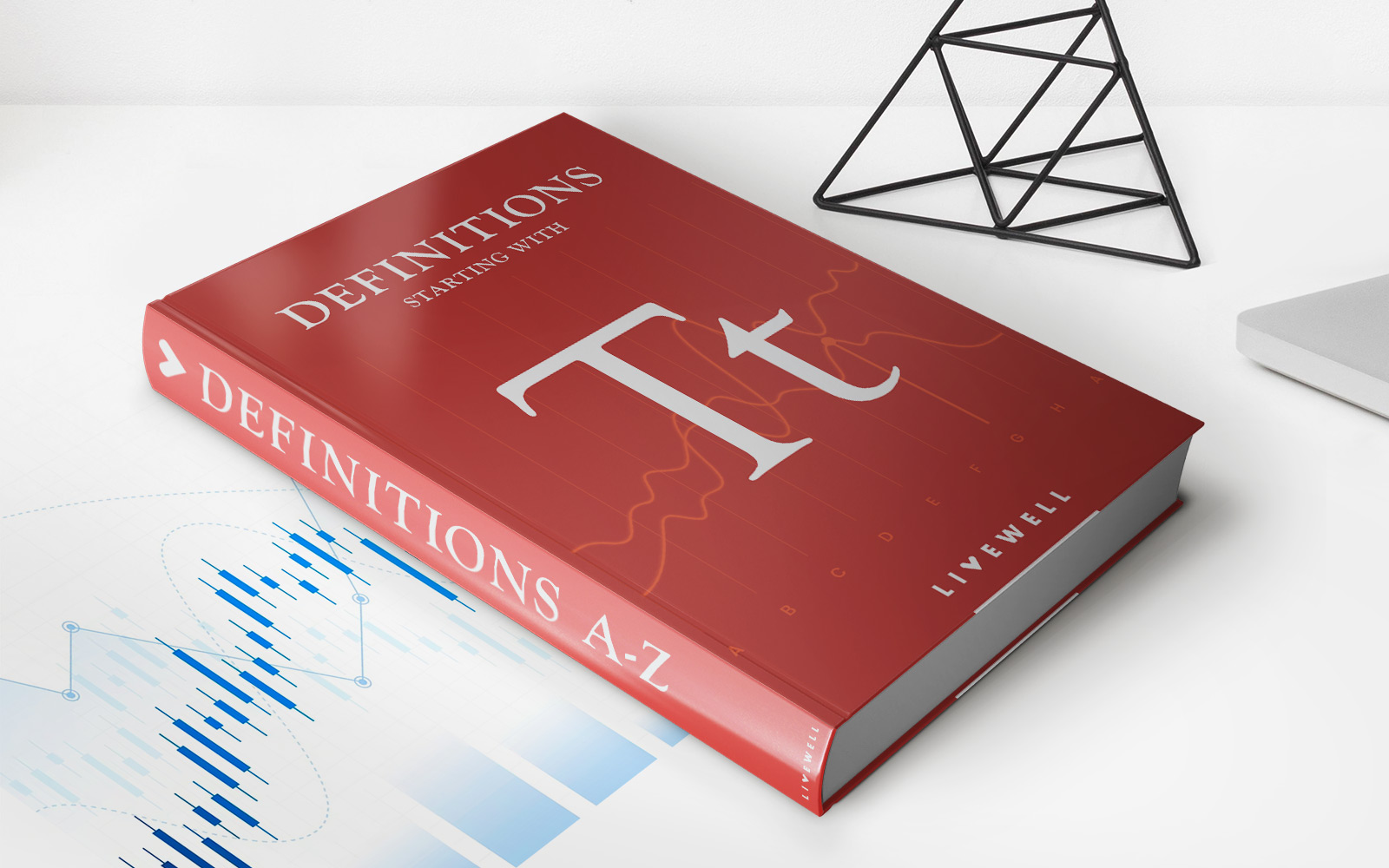

Finance
Voluntary Reserve Definition
Published: February 16, 2024
Find out the meaning of voluntary reserve in finance and how it impacts businesses. Understand its significance in financial management.
(Many of the links in this article redirect to a specific reviewed product. Your purchase of these products through affiliate links helps to generate commission for LiveWell, at no extra cost. Learn more)
Understanding Voluntary Reserve: What You Need to Know
Welcome to our Finance blog! In this post, we’ll take a closer look at a crucial concept in the world of economics – Voluntary Reserves. Whether you’re a finance professional or simply curious about the inner workings of the financial system, this post is for you. By the end, you’ll have a solid understanding of what voluntary reserves are and how they impact the economy.
Key Takeaways:
- Voluntary reserves are funds that banks and financial institutions voluntarily hold in excess of the minimum reserve requirements set by regulatory authorities.
- These reserves provide a cushion for banks during times of economic uncertainty and allow them to meet unexpected demands for withdrawals or cover potential losses.
Now, let’s dive deeper into the definition and significance of voluntary reserves.
Defining Voluntary Reserves
Voluntary reserves, also known as a voluntary excess reserves, refer to funds that banks and financial institutions hold above the mandated minimum reserve requirements set by regulatory authorities. While banks must maintain a certain level of reserves to fulfill withdrawal requests and cover potential losses, they have the option to hold additional reserves voluntarily.
So, why do banks choose to hold voluntary reserves?
- Stability: By holding voluntary reserves, banks aim to enhance their stability and financial security. These reserves act as a cushion during periods of economic uncertainty, allowing banks to weather unexpected downturns or meet sudden increases in deposit withdrawals.
- Risk Management: Holding voluntary reserves enables banks to mitigate potential risks. These reserves act as a form of insurance, helping banks cover potential losses linked to loan defaults, market volatility, or other unforeseen events.
- Lending Capacity: Voluntary reserves can also impact a bank’s lending capacity. By voluntarily holding excess reserves, banks may choose to be more liberal in their lending practices, knowing they have extra funds to rely on if necessary.
The Role of Voluntary Reserves in the Economy
Voluntary reserves play a vital role in maintaining stability and confidence in the financial system. By choosing to hold additional reserves voluntarily, banks strengthen their ability to meet the needs and demands of depositors, even in challenging economic times. This additional buffer fortifies the banking system as a whole, reducing the likelihood of bank failures and systemic crises.
Furthermore, voluntary reserves contribute to the overall smooth functioning of the economy. By ensuring banks have the means to continue lending, even in uncertain times, voluntary reserves support economic growth and provide businesses and individuals with access to credit when they need it most.
In Conclusion
Voluntary reserves are an essential component of the banking industry, providing stability, risk management, and expanded lending capacity. By holding these additional funds above the required level, banks can navigate economic uncertainty, protect against potential losses, and contribute to the overall health of the financial system.
We hope this blog post has provided you with valuable insights into the world of voluntary reserves. Remember, whether you’re a financial professional or an avid learner, understanding key concepts like voluntary reserves can empower you to make informed decisions and navigate the dynamic landscape of finance.














